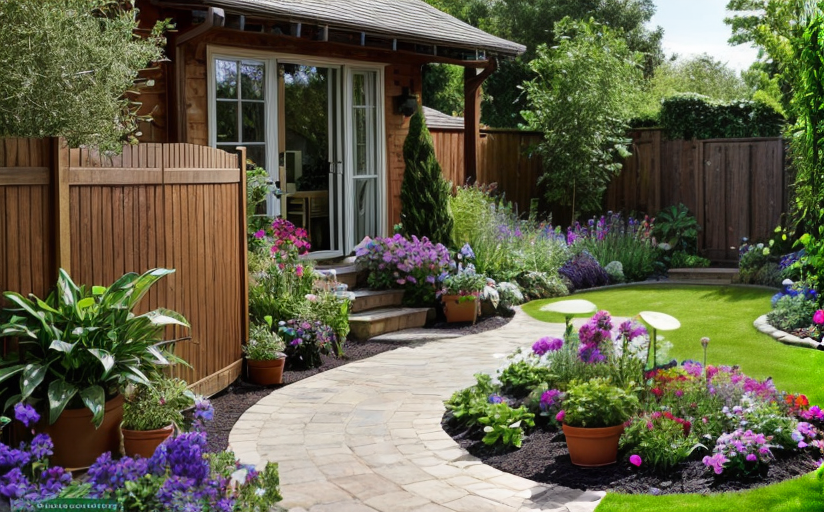A Comprehensive Guide to Establishing a Sustainable and Eco-Friendly Garden
In today's world, sustainability is more than just a buzzword; it's a lifeline to a healthier planet. Building a sustainable garden allows us not only to contribute to the well-being of the planet but also to enjoy healthier food from our own backyards. This article aims to provide a comprehensive guide to establishing a sustainable and eco-friendly garden, a move that enhances biodiversity and establishes a balanced, self-sustaining ecosystem.
What is a Sustainable Garden?
A sustainable garden is a method of cultivating plants that cause minimal or no harm to the natural environment. This includes the use of natural resources in a way that they are not exhausted or permanently damaged. In simpler words, sustainable gardening refers to a range of methods meant to minimize environmental impact and maintain a productive garden for many future generations.
The Importance of Eco-Friendly Gardening
Adopting sustainable gardening practices can have profound effects on the environment and our personal health. It decreases our carbon footprint by reducing the need for harmful pollutants common in conventional gardening methods, promotes biodiversity, improves soil health, and conserves water resources. On a personal level, it can provide you and your family with delicious, organic, and highly nutritious produce.
Creating a Sustainable Garden: A Step-by-Step Guide
1. Selection of Appropriate Plants
The first step in creating a sustainable garden is choosing appropriate plants that are well-adapted to your local environment. Native plants can resist local pests, diseases, and adapt to the existing weather conditions better than exotic species and usually require less maintenance.
2. Water and Soil Management
Good soil is the foundation of any garden. Sustainably managed soil retains more water and nutrients, making your plants healthy and reducing the need for artificial fertilizers. Additionally, responsible water usage can be achieved by practices such as rainwater harvesting and drip irrigation.
3. Composting
Composting is an eco-friendly way to recycle organic waste while supplementing your soil with rich nutrients. Using compost in your garden enhances soil fertility and structure, promoting healthier plant growth.
4. Natural Pest Control Methods
Instead of chemical pesticides, opt for natural pest control methods such as introducing beneficial insects, using organic pesticides, and planting pest repellent plants.
5. Use of Renewable Materials
For your garden infrastructure consider using renewable or recycled materials. This can range from using recycled containers to plant your seedlings, to using locally sourced timber for any structure building in your garden.
Conclusion
By creating and maintaining a sustainable garden, you not only benefit the environment, you also enjoy the personal satisfaction of a beautiful and productive eco-friendly garden. The harmonious balance of plants, insects, and soil microbes position your garden as a miniature ecosystem that supports life, rather than detracting from it.



















Comments
Leave a Comment